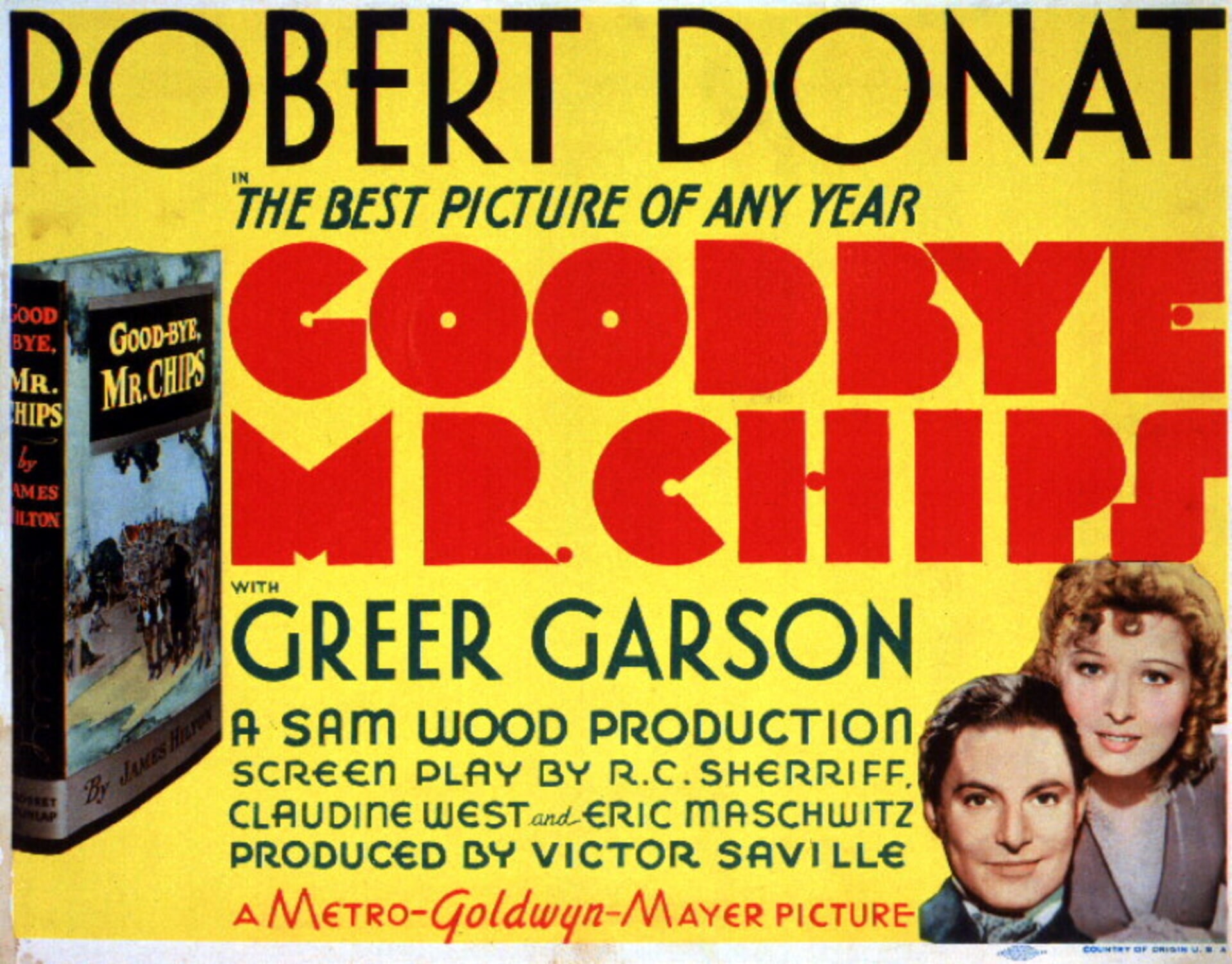
10 Interesting Facts and Figures About Goodbye, Mr. Chips (1939)
Goodbye, Mr. Chips is a classic British film that has touched the hearts of audiences since its release in 1939. Directed by Sam Wood and based on the novel by James Hilton, the film tells the poignant story of a beloved schoolteacher at a boys’ boarding school. Here are ten fascinating facts and figures about this enduring film.
1. Based on a Best-Selling Novel
The film is adapted from James Hilton’s 1934 novella, which won widespread acclaim and became a bestseller. Hilton’s exploration of nostalgia and the passage of time resonated with readers, paving the way for the film’s success.
2. The Iconic Casting of Robert Donat
Robert Donat starred as Mr. Chips, delivering a performance that earned him the Academy Award for Best Actor. His portrayal is often regarded as one of the defining roles of his career, showcasing his talent for embodying warmth and compassion.
3. A Box Office Success
Goodbye, Mr. Chips was not only critically acclaimed but also a commercial hit. It grossed over £1 million at the box office during its initial release, making it one of the highest-grossing films of its time in the UK.
4. Filming in a Real School
The film was shot primarily at the famous Berkhamsted School in Hertfordshire, which provided an authentic backdrop for the story. The use of a real school added to the film’s credibility and charm.
5. Historical Context of the Film
Set in the early 20th century, the film reflects the changing times and societal norms of British education. It highlights the values of traditional teaching versus the modern approaches that were emerging in the era.
6. The Role of Greer Garson
Greer Garson played the role of Katherine, Mr. Chips’ wife. Her performance contributed to the emotional depth of the film, and she later became one of the most prominent actresses of her time, garnering multiple Academy Award nominations.
7. Impact on British Cinema
Goodbye, Mr. Chips is often credited with shaping the British film industry in the late 1930s. Its success encouraged more adaptations of literary works into films, leading to a boom in the genre.
8. A Lasting Legacy
The film’s story has been retold multiple times, including a 1969 remake starring Peter O’Toole and a 1984 television adaptation. Its themes of love, loss, and nostalgia continue to resonate with new generations.
9. Awards and Nominations
In addition to Donat’s Academy Award win, Goodbye, Mr. Chips received several nominations, including Best Picture and Best Director. These accolades solidified its status as a classic in cinematic history.
10. Cultural Influence
The phrase “Goodbye, Mr. Chips” has entered popular culture, often used to evoke sentiments of nostalgia and farewell in various contexts. The film’s influence extends beyond cinema, impacting literature, theater, and even television.
Conclusion
Goodbye, Mr. Chips remains a timeless classic that captures the essence of teaching, love, and the bittersweet nature of life. Its rich storytelling, memorable performances, and cultural impact have ensured that it will continue to be celebrated for generations to come. Whether you’re revisiting this gem or discovering it for the first time, the film offers a poignant reflection on the passage of time and the bonds we forge along the way.
Discover more from Anglotees
Subscribe to get the latest posts sent to your email.
